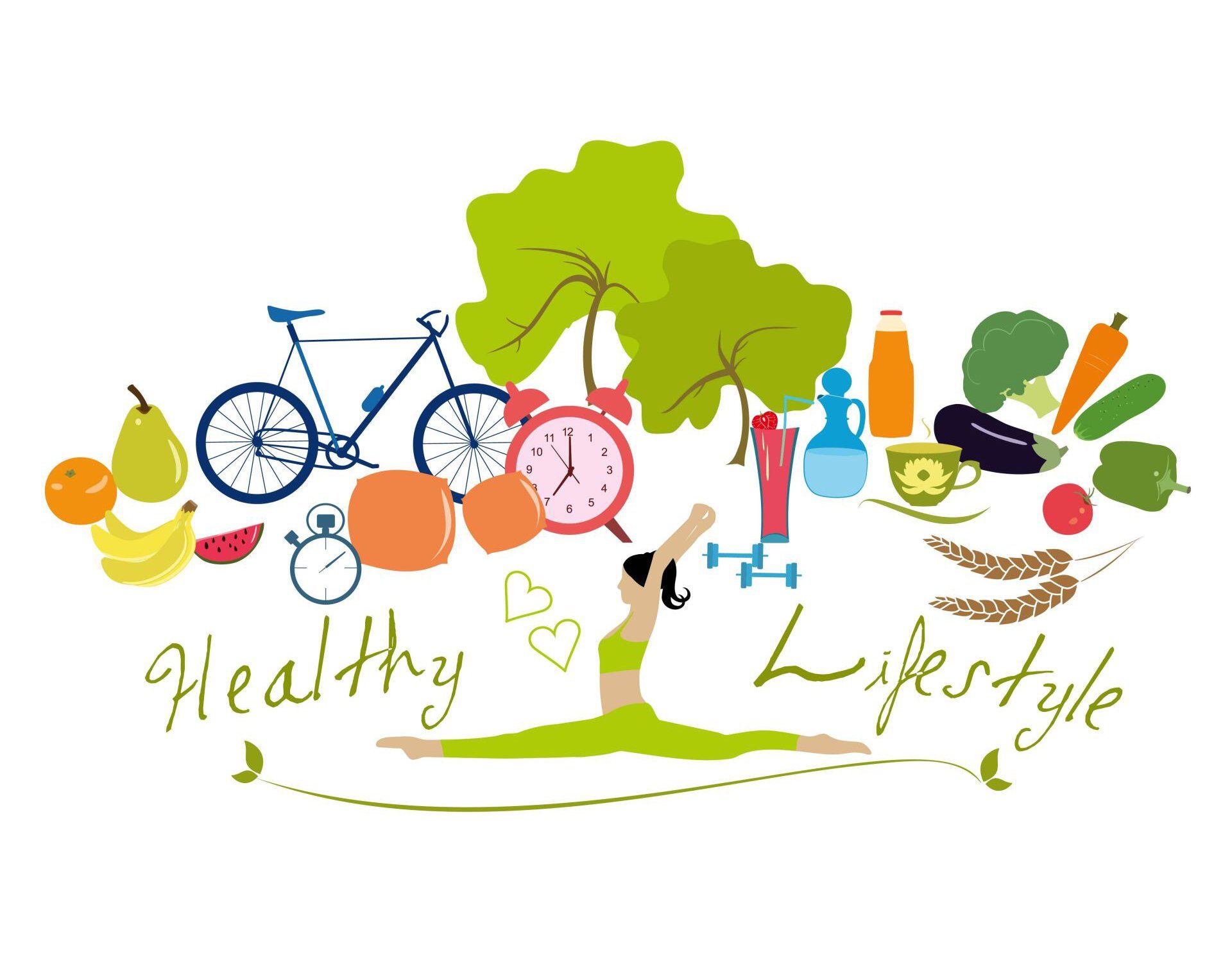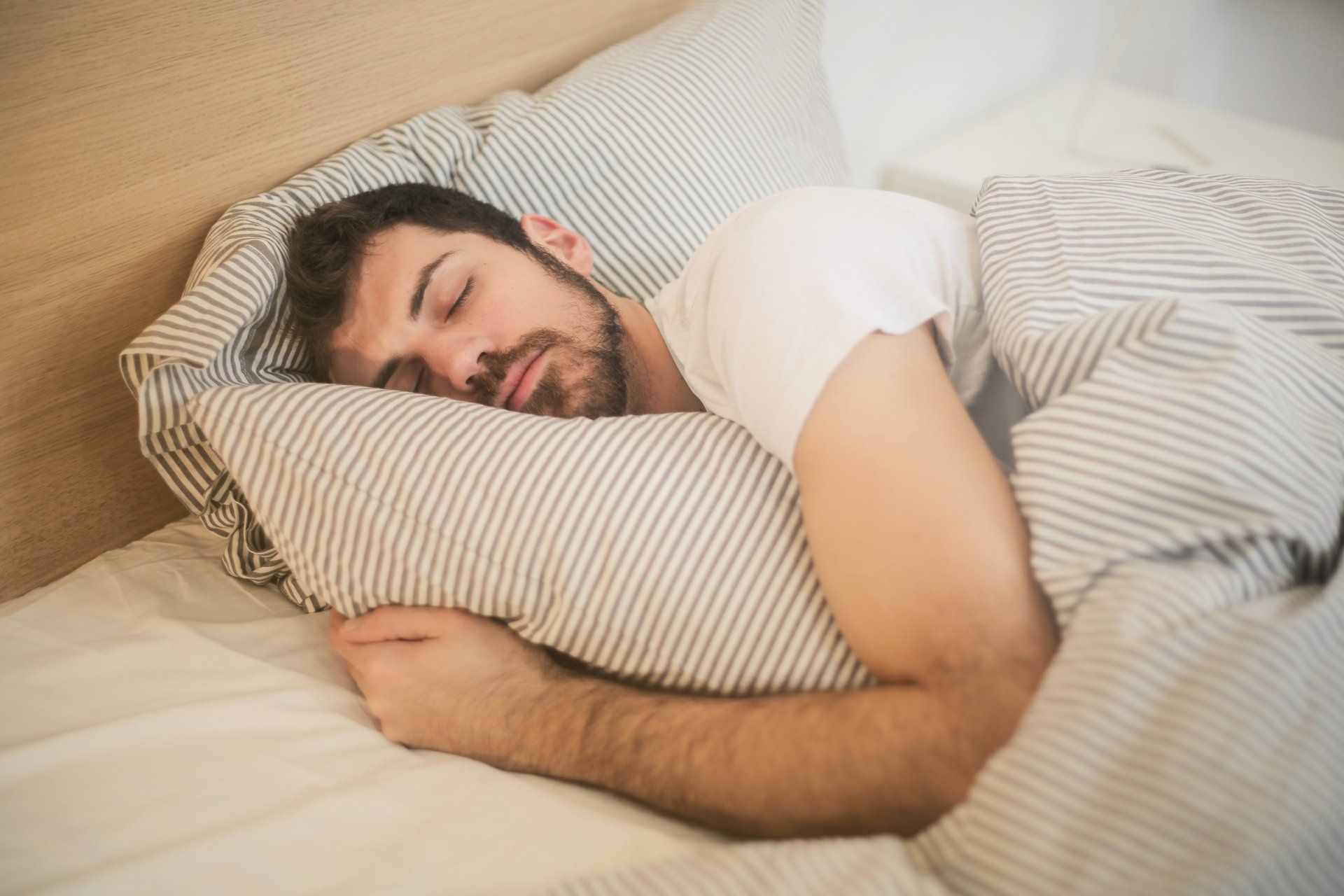Better Sleep
How do you feel when you have a refreshing full night of sleep? Energized, recovered, and ready to face the day? It’s a great feeling. How do you feel when you have a poor night’s sleep? Maybe you went to bed too late, or awoke many times in the night, or something interrupted your sleep too early in the morning? It’s not a good feeling the next day. I remember vividly the frustration and low-grade anger I felt after my overnight, emergency on-call duties (for almost 30 years). I was not a happy person to be around. I knew it was detrimental to my attitude and relationships the next day, but I never realized the cumulative negative health effects short or poor sleep can wreak on our bodies.
Throughout human evolution, when the day ended and the sun went down, we knew it was time to sleep. It has been only a blink of the eye in evolutionary time that humans have learned to overcome nature. If we so choose, we can engage in activity 24 hours a day. Advances over the last 100 years have provided these wonderful opportunities, but our biologic internal workings have not evolved to keep pace. The mismatch between what we DO and what we are DESIGNED to do causes chronic inflammation leading to chronic disease. For most of us, our bodies typically require 7-8 hours of sleep for optimum health and daily recovery.
How do you feel when you have a refreshing full night of sleep? Energized, recovered, and ready to face the day? It’s a great feeling. How do you feel when you have a poor night’s sleep? Maybe you went to bed too late, or awoke many times in the night, or something interrupted your sleep too early in the morning? It’s not a good feeling the next day.
I remember vividly the frustration and low-grade anger I felt after my overnight, emergency on-call duties (for almost 30 years). I was not a happy person to be around. I knew it was detrimental to my attitude and relationships the next day, but I never realized the cumulative negative health effects short or poor sleep can wreak on our bodies.
Throughout human evolution, when the day ended and the sun went down, we knew it was time to sleep. It has been only a blink of the eye in evolutionary time that humans have learned to overcome nature. If we so choose, we can engage in activity 24 hours a day. Advances over the last 100 years have provided these wonderful opportunities, but our biologic internal workings have not evolved to keep pace. The mismatch between what we DO and what we are DESIGNED to do causes chronic inflammation leading to chronic disease. For most of us, our bodies typically require 7-8 hours of sleep for optimum health and daily recovery.
I invite you to explore more about the health benefits of sleep and the various methods we can use to improve your sleep habits.
Better Sleep Tips:
Start Your Journey Here
Get Well
Schedule a complimentary one-on-one consultation with a health coach, dietician, or physician to personalize your health journey.

Get Challenged
Join a fun group challenge, on-line, to experience improved healthy habits. See calendar of events.
Corporate Wellness
Contact us today to discuss employee wellness programs tailored for your company.
Articles
What Makes a Good Night’s Sleep
Sleep is a time for the brain and body to engage in vital growth and repair. It’s an essential part of a healthy lifestyle, yet our demanding work schedules, family responsibilities, and busy social lives mean that many people are going short on sleep.
Sleep tips: Six Steps to Better Sleep
Think about all the factors that can interfere with a good night's sleep — from work stress and family responsibilities to unexpected challenges, such as illnesses. It's no wonder that quality sleep is sometimes elusive.
Videos
Sleep is your superpower | Matt Walker
- Matt Walker Jun 3, 2019
Sleep is your life-support system and Mother Nature's best effort yet at immortality, says sleep scientist Matt Walker. In this deep dive into the science of slumber, Walker shares the wonderfully good things that happen when you get sleep -- and the alarmingly bad things that happen when you don't, for both your brain and body.
How long should your naps be?
- Sara C. Mednick Apr 29, 2021
Your eyes get heavy and gradually close... But wait! It's only lunch time and you still have so much to do. Would taking a nap help? Or would it derail your day? Well, that depends on a few things— especially what stages of sleep the nap includes. Sara C. Mednick details the cognitive benefits of napping, and explores the optimal length and time of day for a quick snooze.
Disclaimer:
The appearance of external links on this website is for informational purposes only and does not constitute endorsement by Dr. Neil Cooper or Neil Cooper, MD, LLC of external websites or the information, products or services contained therein.
All Rights Reserved | Neil Cooper, MD, LLC






